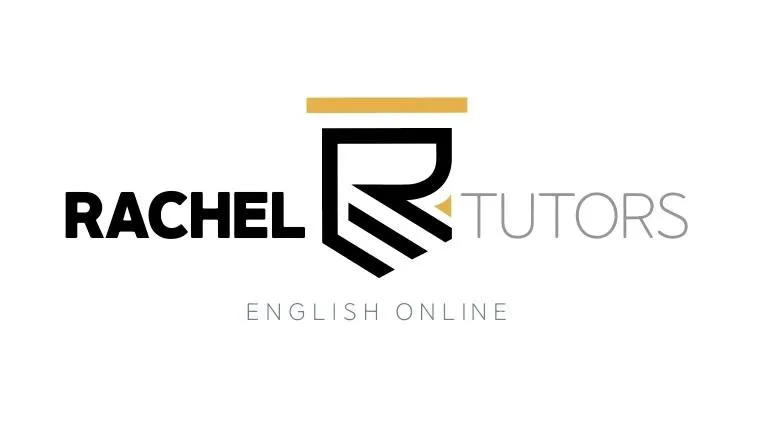Contact Us
Blog

Is Online Reading and Writing Tutoring the Missing Piece in Your Teen’s Education?
Introduction
It’s easy to assume that if your teen just reads more books and writes more essays, their skills will improve. After all, practice makes perfect, right?
Unfortunately, it’s not that simple.
Without the right strategies, struggling readers reinforce bad habits, and young writers continue making the same mistakes.
That’s where online reading and writing tutoring makes all the difference. With personalized support, students get the guidance they need to truly improve as opposed to just going through the motions. Let’s explore why independent practice isn’t always enough and how the right help can lead to real progress.
When Practice Isn’t Enough
If there’s an underlying issue, simply doing more of the same won’t fix it. For example, a teen struggling with reading comprehension won't necessarily improve by continuing to read grade-level books. They might first need to read at a lower level to build up their foundational skills. Similarly, a teen whose writing is riddled with grammar mistakes won’t magically learn the rules just by writing more; they need to understand why those mistakes are happening and how to fix them. Without targeted help, these problems persist, making it harder for teens to keep up as expectations grow.
What a Tutor Can Do That Practice Can’t
A tutor offers the personalized instruction teens need to make real progress. For reading, a tutor teaches students how to approach a text: identifying literary elements, asking thoughtful questions, and actively engaging with the material. For writing, a tutor addresses specific issues like grammar mistakes, lack of organization, and unclear ideas. By breaking these challenges into manageable steps, a tutor gives students the tools to actually improve, not just hope for the best.
A Word of Warning
I once worked with a student whose mother assumed his reading would improve if he just kept at it. She helped him with his homework and encouraged him to read for class, but when she asked him questions about the material, he couldn’t explain what he had read.
Even though she noticed these struggles, she chose to have me focus solely on helping him stay on top of his homework rather than addressing his underlying struggles. As a result, his reading skills didn’t improve because the real problems weren’t being tackled.
This story is an important reminder: ignoring the root causes of reading and writing struggles can hold students back. Parents who recognize these warning signs need to take action and seek targeted help because time alone isn’t always enough to solve the problem.
Common Pitfalls of Independent Practice
When teens try to improve reading and writing on their own, they often repeat the same mistakes, such as:
Rushing through reading assignments without truly understanding them, just to get them done.
Asking “What should I write?” because they didn’t grasp the material enough to generate their own ideas.
Repeating grammar mistakes because they don’t know what’s wrong or how to correct it.
Without someone to identify these issues, teens can end up stuck in a cycle of frustration and mediocrity.
Why Guidance Matters
Leaving teens to improve through trial and error risks leaving them perpetually behind. Their grades might be good enough to move from year to year, but their skills remain weak, leaving them unprepared for high school, college, and beyond. A tutor provides the structured support they need to break bad habits, build new skills, and grow into strong, independent readers and writers.
Final Thoughts
Just like a coach helps athletes refine their technique or a piano teacher helps students master challenging pieces, a tutor pinpoints the foundational skills your teen lacks and helps them grow. Practice is important, but it’s only effective when paired with guidance. That’s where online reading and writing tutoring comes in, providing the targeted support students need to truly improve.
If your teen is struggling with reading or writing, don’t leave their progress up to chance. Invest in the support they need to succeed today because some things are too important to leave to trial and error. Contact me today if you’d like to learn more about how I can personally help!

